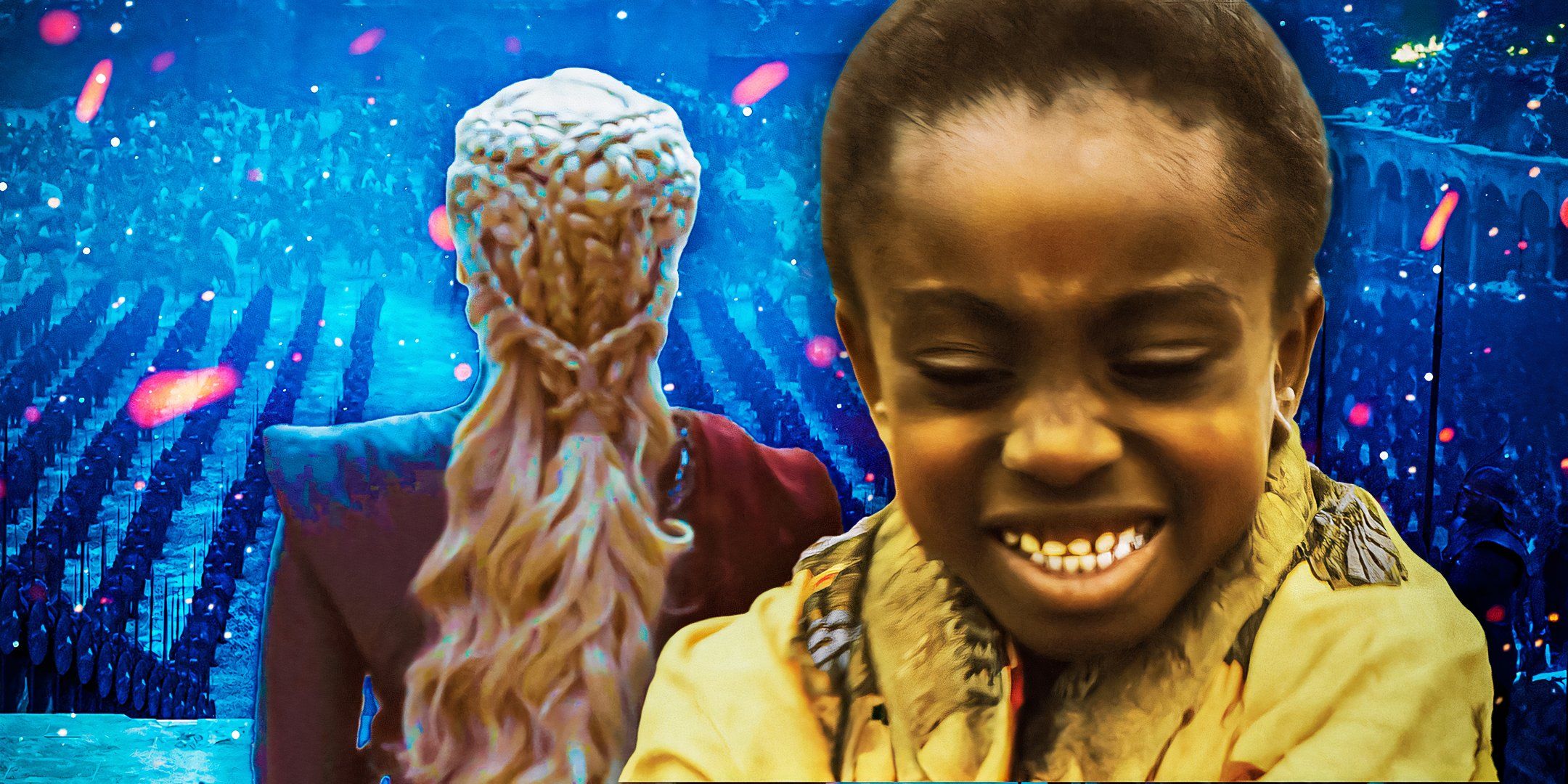
It’s thrilling when a series unveils a major plot surprise, but sometimes, upon closer reflection, these twists seem illogical or inconsistent. A contentious plot turn in a TV show can spark heated debates among fans and alter the course of the story indelibly. However, attempting a bold narrative maneuver is one thing; executing a convincing plot twist is another challenge entirely.
Sometimes, unexpected turns in TV series plots weren’t thought out ahead of time, leading some viewers to question their logic and coherence. Whether these plot twists were well-received or not, it was noticeable to many that they often lacked a clear sense of order or logic.
10. The Timeless Child
Doctor Who
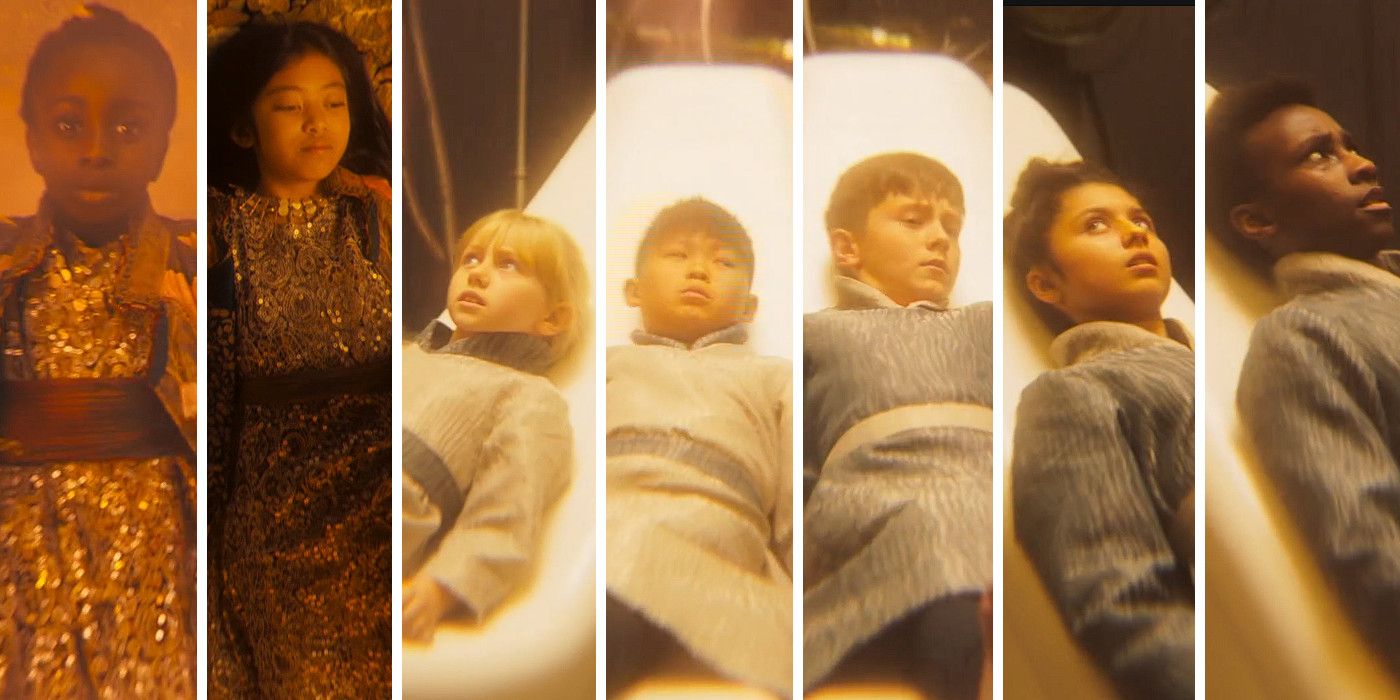

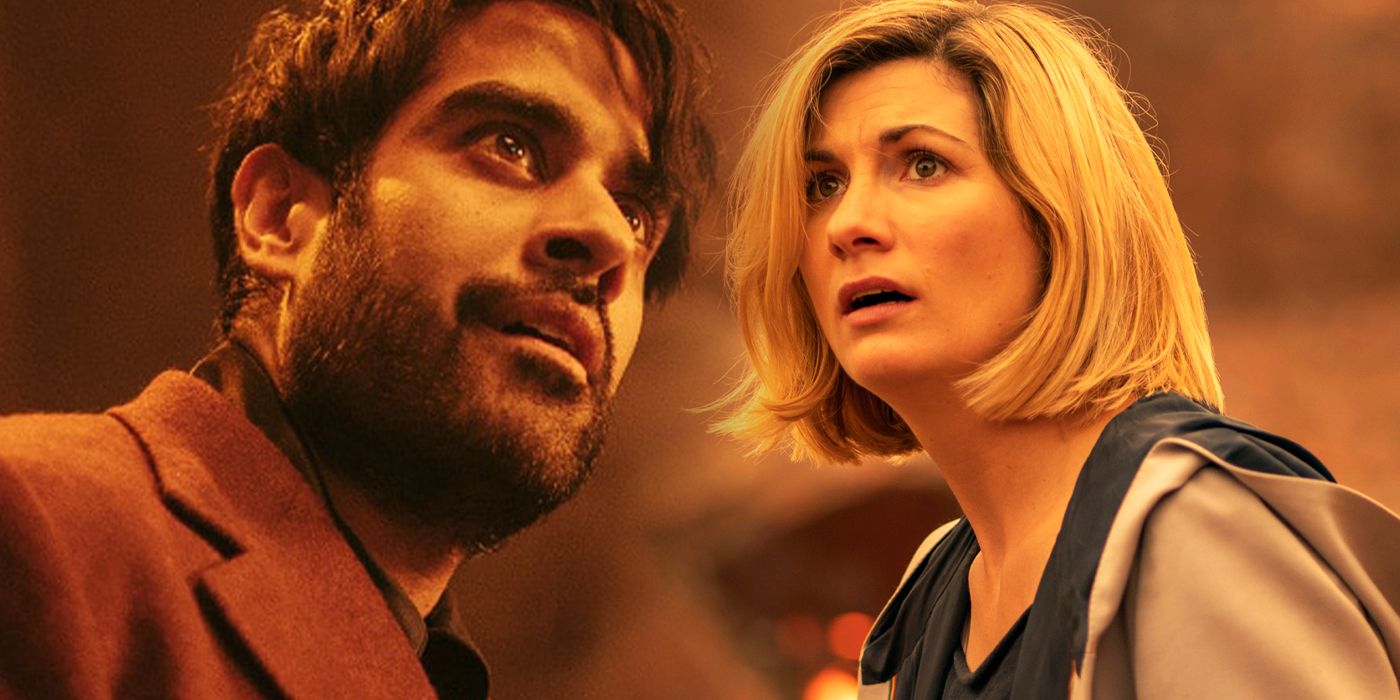
As a devoted film enthusiast and ardent Doctor Who fan, I must say that the Timeless Child storyline stands out as one of the most mind-blowing and revolutionary moments across the show’s extensive timeline. However, while Chris Chibnall’s boldest plot concept as the showrunner wasn’t inherently flawed, I found its execution fell short of fully realizing the potential of this remarkable narrative.
Despite the fact that the character of Doctor Who has a flexible backstory, there have always been certain constraints. The introduction of the Timeless Child has raised some questions, for instance, how could the Fugitive Doctor possess a TARDIS if she existed before William Hartnell’s First Doctor, who is known to have stolen the blue box?
In both the early and contemporary periods of “Doctor Who,” it was determined that Time Lords possess 12 regenerations, though they can receive additional ones. The question then arises: How were they able to figure out this process so swiftly after conducting experiments on the Doctor from his childhood? I found the Timeless Child storyline intriguing, but given that it raises more questions than it answers, it’s not surprising that it was revised.
9. Daenerys Breaks Bad
Game Of Thrones



The scene where Daenerys torched King’s Landing in Game of Thrones was utterly shocking. Her transformation into the Mad Queen took us by surprise, but it wasn’t entirely unexpected given how the series often challenges fantasy conventions. Yet, what seemed most illogical about this plot twist was the timing: why would Daenerys, who had endured so much abuse, deceit, and injustice for seasons on end, suddenly turn into a ruthless killer indiscriminately slaughtering countless innocents? The show failed to provide a satisfactory explanation for this abrupt change.
In simpler terms, Daenerys’ conflict was primarily with Cersei, and while I recognize that years of suffering pushed Daenerys over the edge, the excessive casualties couldn’t be reasonably defended. Although Daenerys had lost nearly everyone dear to her, their deaths didn’t warrant the devastation of King’s Landing, nor should Jon’s claim to the throne. Regrettably, Daenerys’ character growth seemed to take a drastic turn for the worse.
8. Rachel Gets Off The Plane
Friends
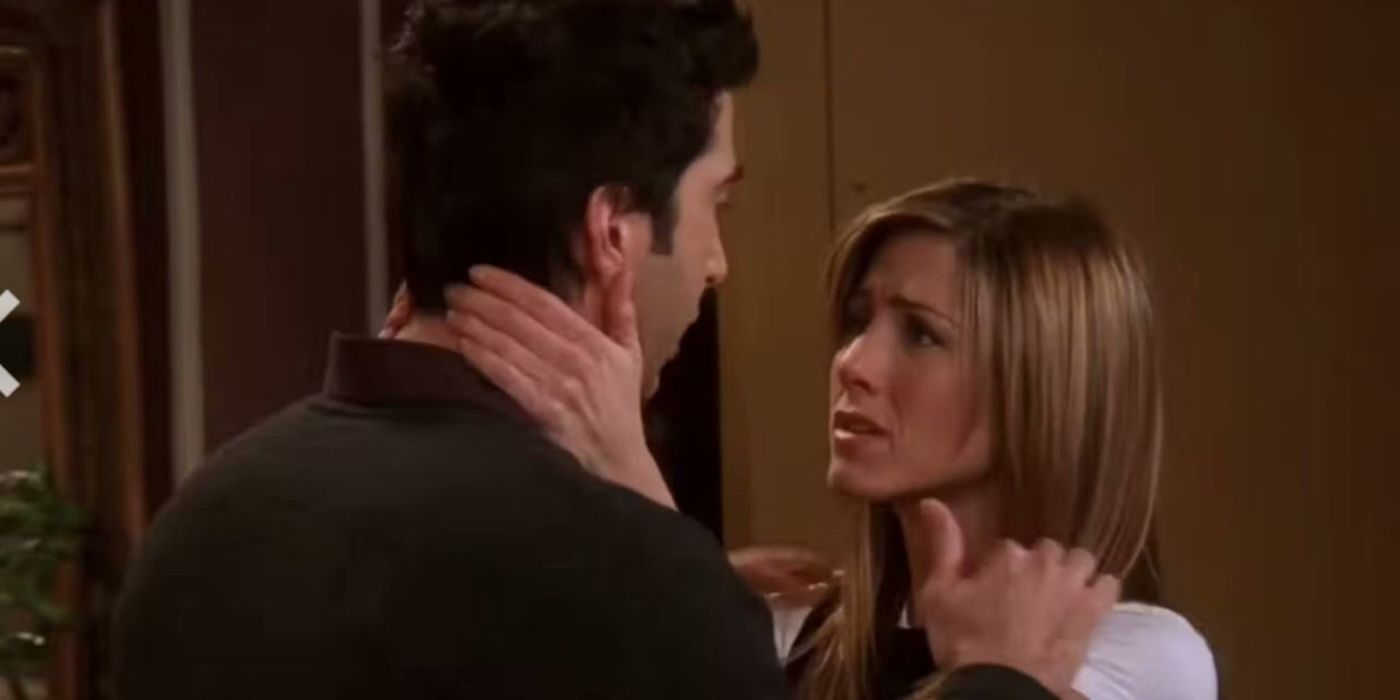
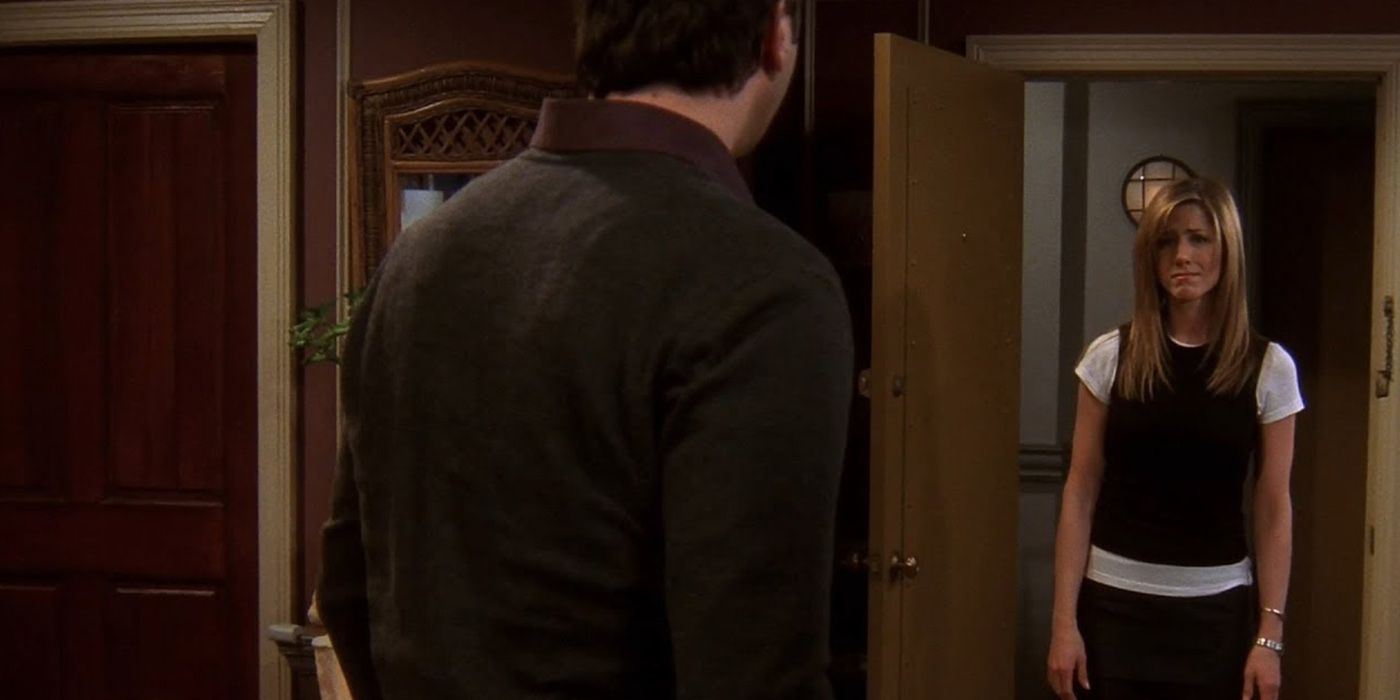
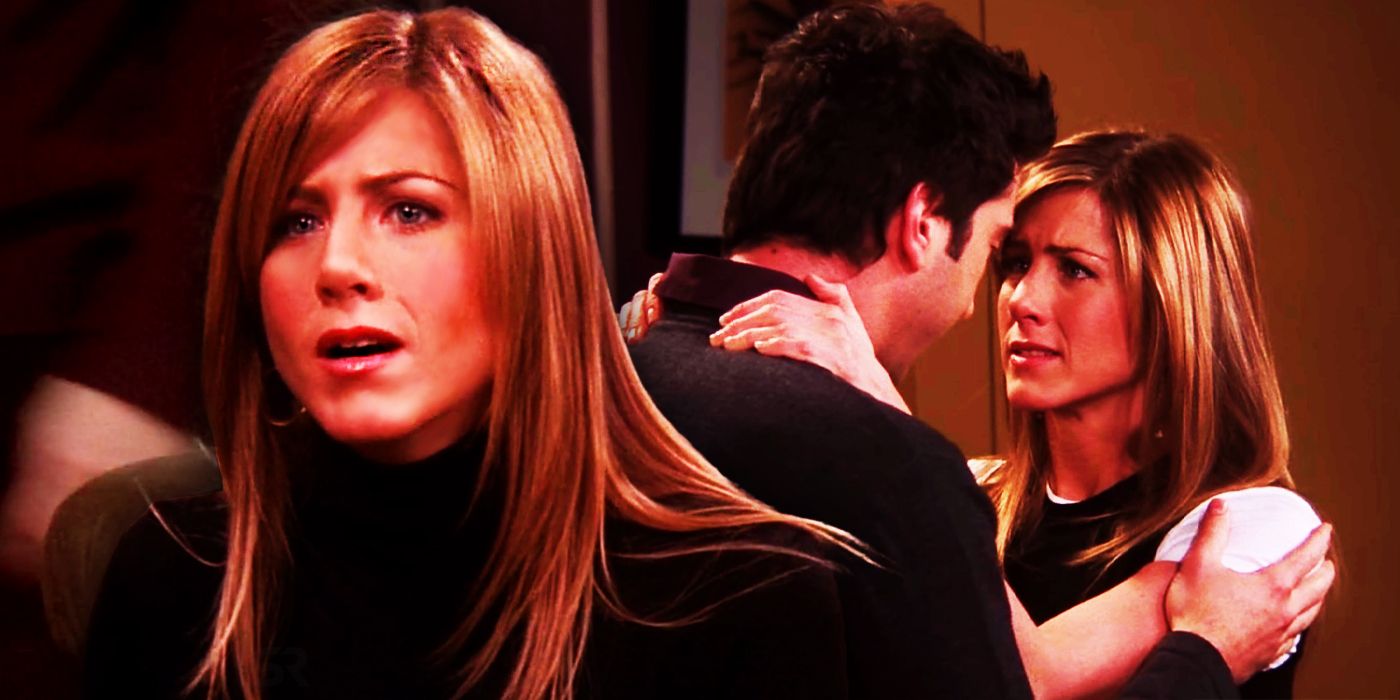
In the popular sitcom “Friends,” the relationship between Ross and Rachel was among the most aggravating in television history. Despite their resolution in the final episode, it felt unsatisfying that Rachel decided to abandon her plane ride. Over the course of the series, Rachel’s character progressed impressively. Initially, she appeared as a pampered young woman unable to manage without her father’s finances. However, by the end of the show, she had become strong, self-reliant, and no longer needed anyone else’s support.
The relationship between Ross and Rachel in “Friends” was one of the most exasperating in sitcom history. Although it was gratifying to see them resolve their issues in the finale, it was disheartening that Rachel chose to forgo her plane journey. Through the series, Rachel’s character arc was remarkably developed. She started as a spoiled girl who depended on her father’s money, but by the end, she had transformed into a strong, self-reliant individual who no longer needed anyone else.
Even though Ross and Rachel were deeply in love, it didn’t mean they should overlook past hurts. It was crucial for Rachel to have a fresh start. She had worked tirelessly on her career throughout all 10 seasons of Friends, and moving to Paris would have solidified that she had grown and changed from the character we first met in the pilot episode.
At the eleventh hour, Rachel surprisingly chose to remain in New York for Ross, which seemed inconsistent with her character. In truth, if she had still yearned to be with Ross, she would have addressed the matter earlier, instead of squandering a costly airline ticket and causing more complications between the two major fashion firms once more.
7. John’s Affair
Sherlock
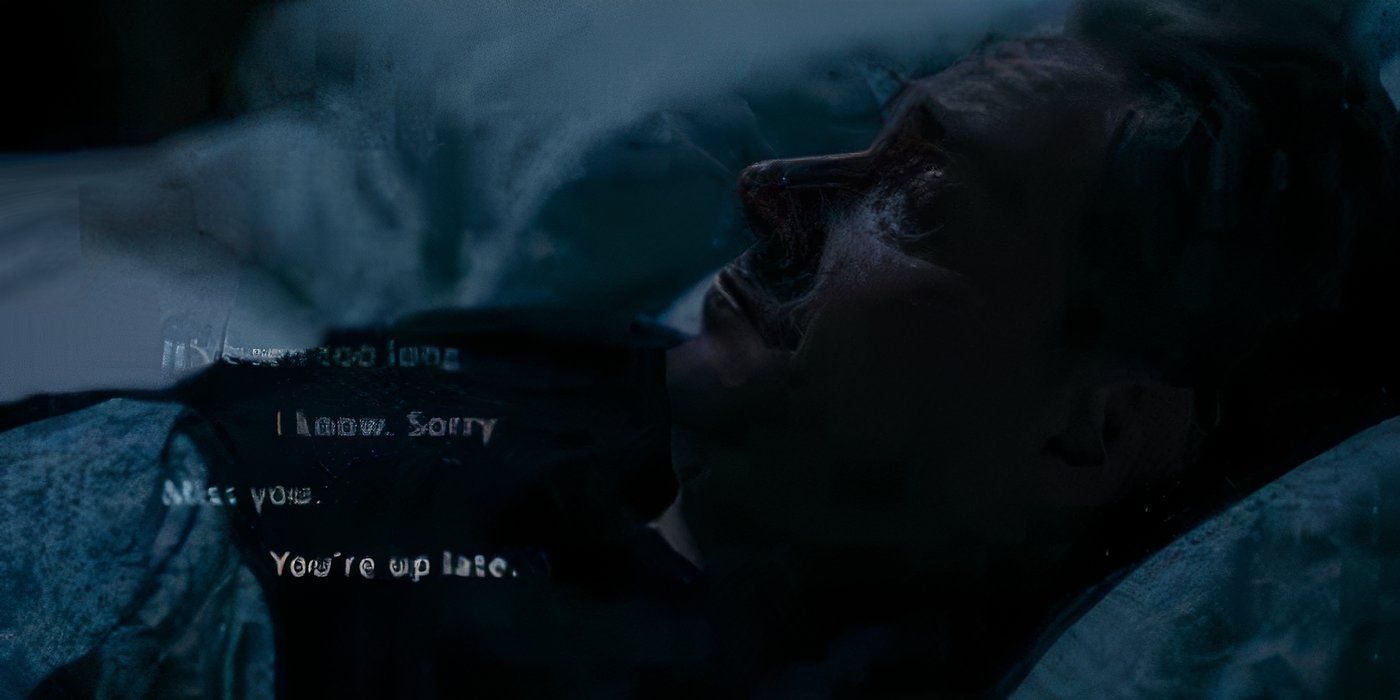
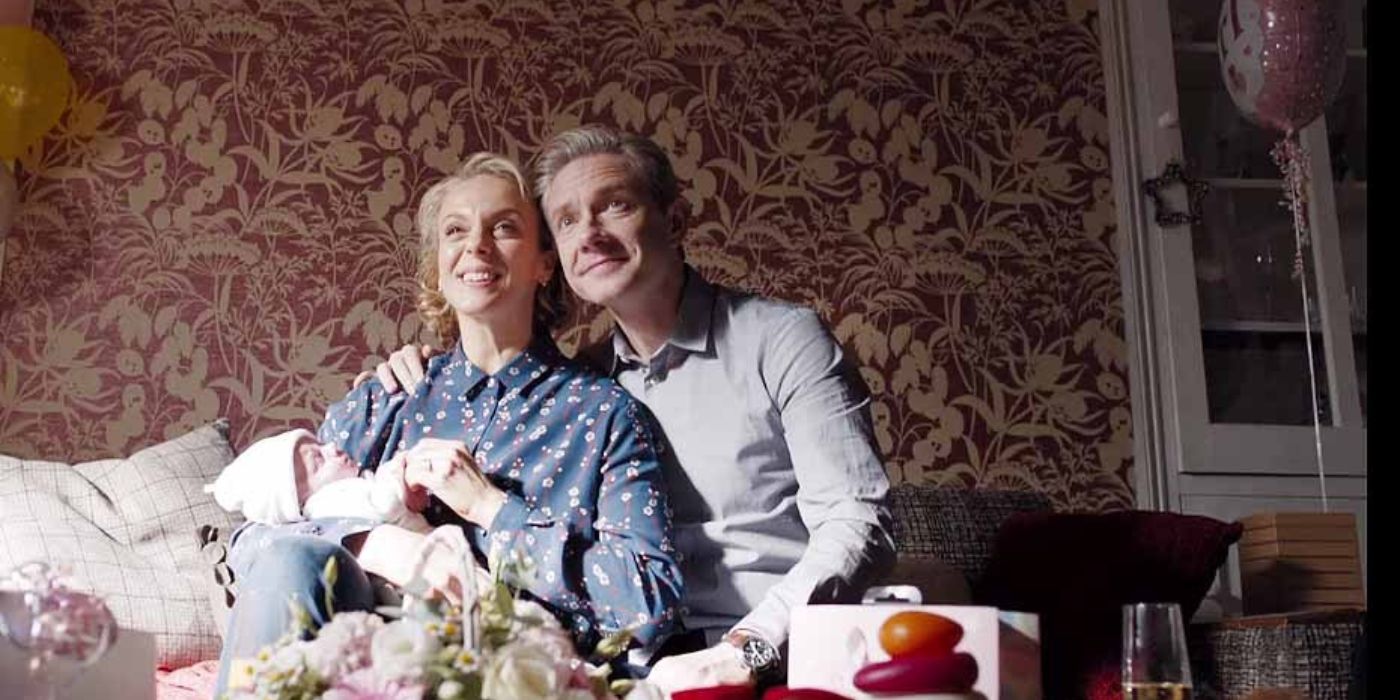
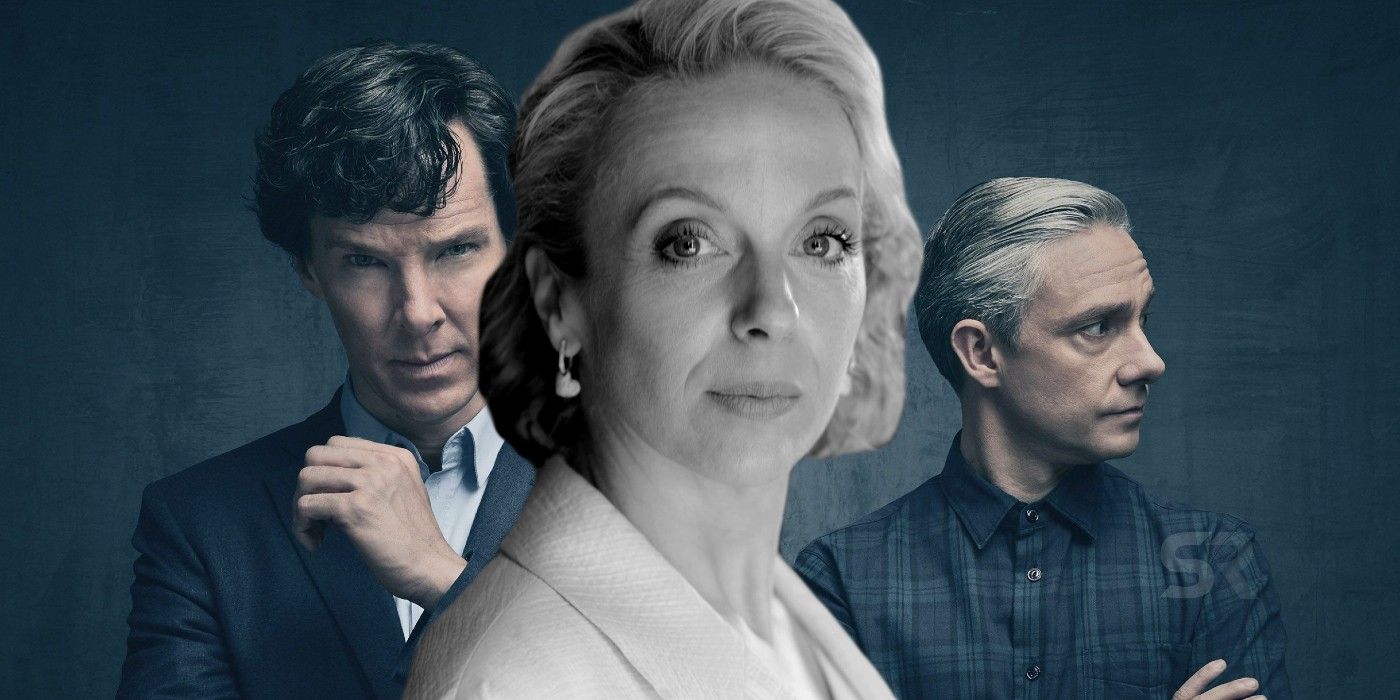
One aspect of the character Sherlock that has consistently bothered me is the portrayal of John Watson’s affair. Although it may not have been as shocking as the revelation that Sherlock faked his death or the appearance of Eurus, it was still unexpected. I find it hard to believe that Martin Freeman’s depiction of John Watson would engage in infidelity, and I remain unconvinced otherwise. Despite having opportunities to leave, such as when he found out Mary wasn’t who she claimed to be, John chose to stay with his wife and loved her despite her questionable past.
The heartbreaking aspect of John’s affair was that it was disclosed during the same episode as Mary’s death on Sherlock. The fact that he ended things with the mystery woman didn’t make the affair more acceptable, and him grappling with guilt while mourning the mother of his child didn’t evoke sympathy. Even though having a baby can put strain on a marriage, the affair seemed out of character for John, especially since it would have been difficult for him to keep such a secret while being best friends with the renowned Sherlock Holmes.
6. Michael’s Alive
Jane The Virgin



The fact that Michael was found alive on Jane the Virgin fit well with Sin Rostro’s oppressive rule, but the reasoning behind her actions didn’t add up. When Rafael informed Jane in the season 4 finale, the show’s narrative became confusing. The question here is: Why would Rose stage Michael’s death, induce his amnesia, and abandon him in Montana, hoping to frighten him enough so he wouldn’t attempt to uncover his true identity? It appeared too risky for Rose not to have any control or influence over the situation.
The events that transpired between Jane and Michael during this period felt underwhelming and lacked impact, leaving spectators questioning the purpose behind Michael’s return. Even after regaining his memories, Michael seemed different, not quite like himself. The original Michael Cordero Jr., who was known for never backing down in his pursuit of Jane, did so on two occasions following their reunion, which left viewers puzzled and uncertain about the true reason for his comeback, other than to cause pain to everyone involved.
5. Maggie’s True Identity
Paradise
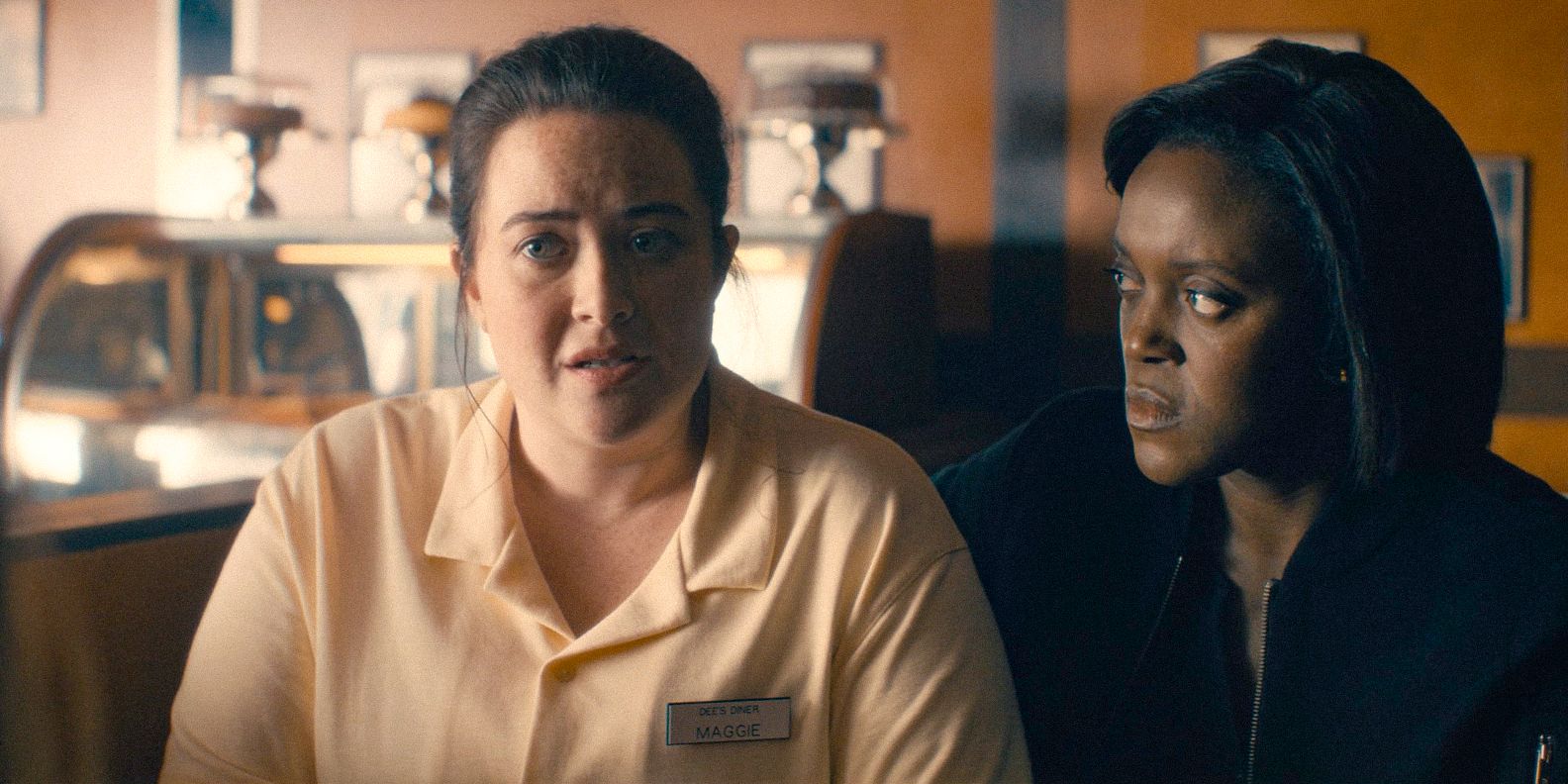
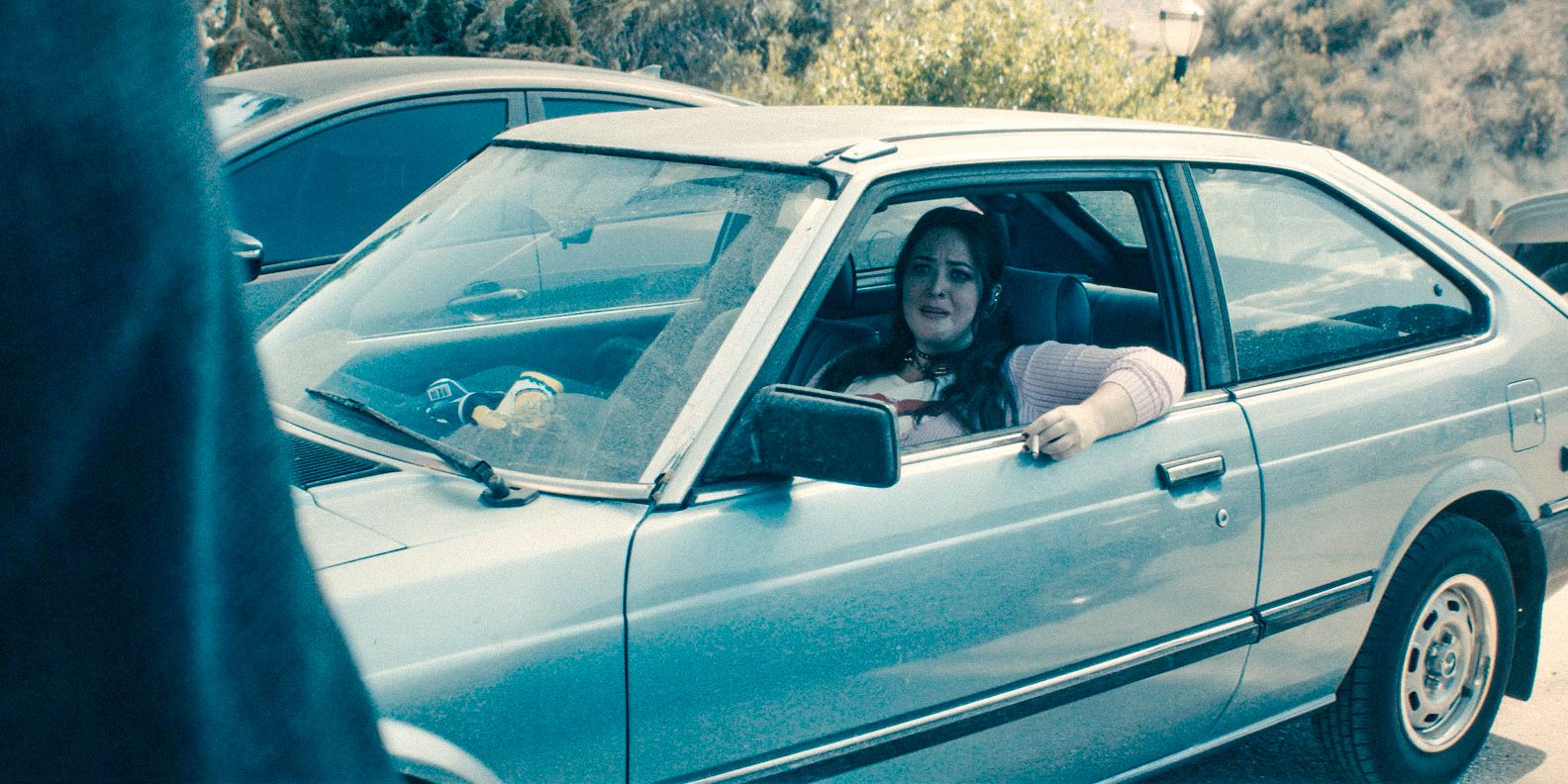

In the final episode of season 1 in Paradise, Cal’s killer’s identity being unveiled as a clever plot twist was quite surprising. However, for the truth to be exposed about the murderer, there was an additional unexpected development. If Dr. Gabriela Torabi hadn’t realized that Maggie wasn’t who she claimed to be, Robinson and Xavier wouldn’t have discovered it was Trent – disguised as librarian Eli – who ended up being the President’s killer.
It was found out by Torabi that Margaret Davis suffered from a nut allergy, meaning the waitress at the diner, referred to as “Maggie,” should always carry an EpiPen. However, it was obvious that “Maggie” wasn’t actually Margaret Davis. The question then arises: How could Maggie and Trent manage to spend so much time underground without anyone else noticing they weren’t Margaret? This seemed rather implausible.
Torabi chose the ones destined for Paradise, and given such knowledge, they would have stockpiled an adequate amount of medication to distribute among the survivors. It’s hard to believe Maggie overlooked her medications, as it should have raised concerns. I find it intriguing how Paradise ultimately revealed Cal’s murderer, but the method used to uncover Trent seemed illogical.
4. Buster Admits To Killing Lucille Two
Arrested Development
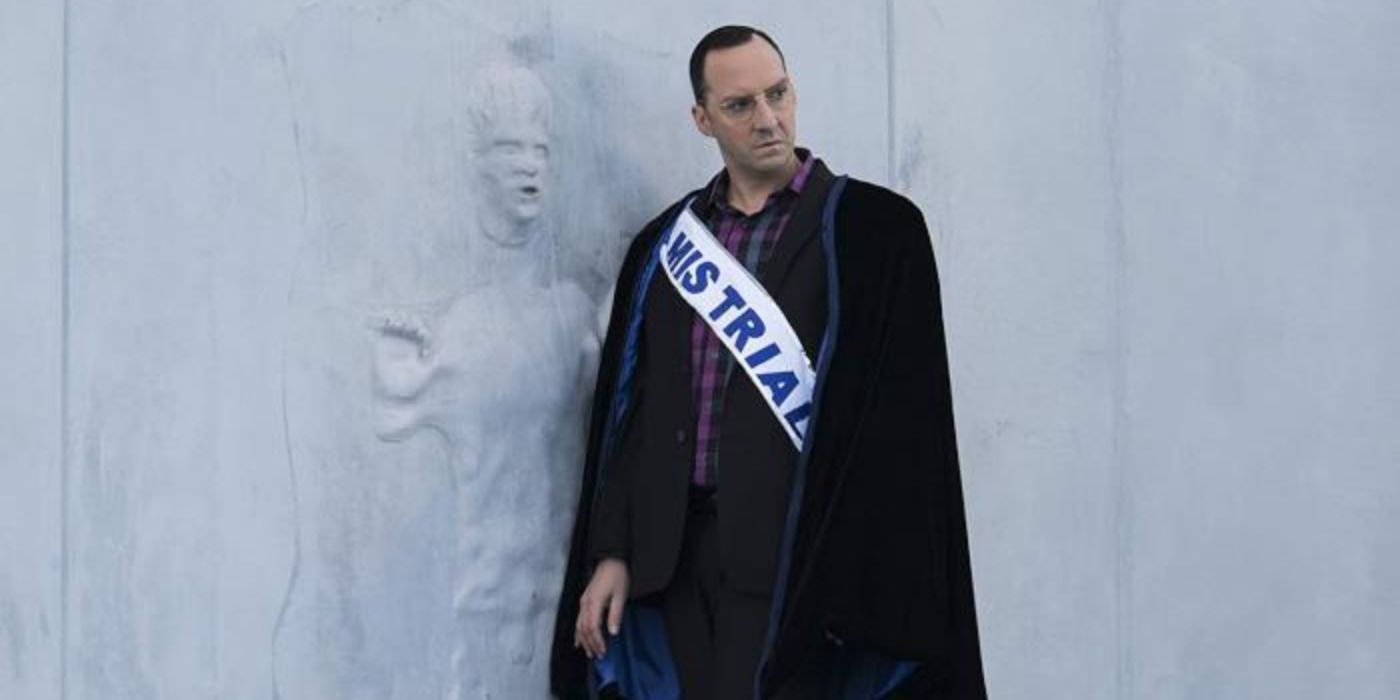
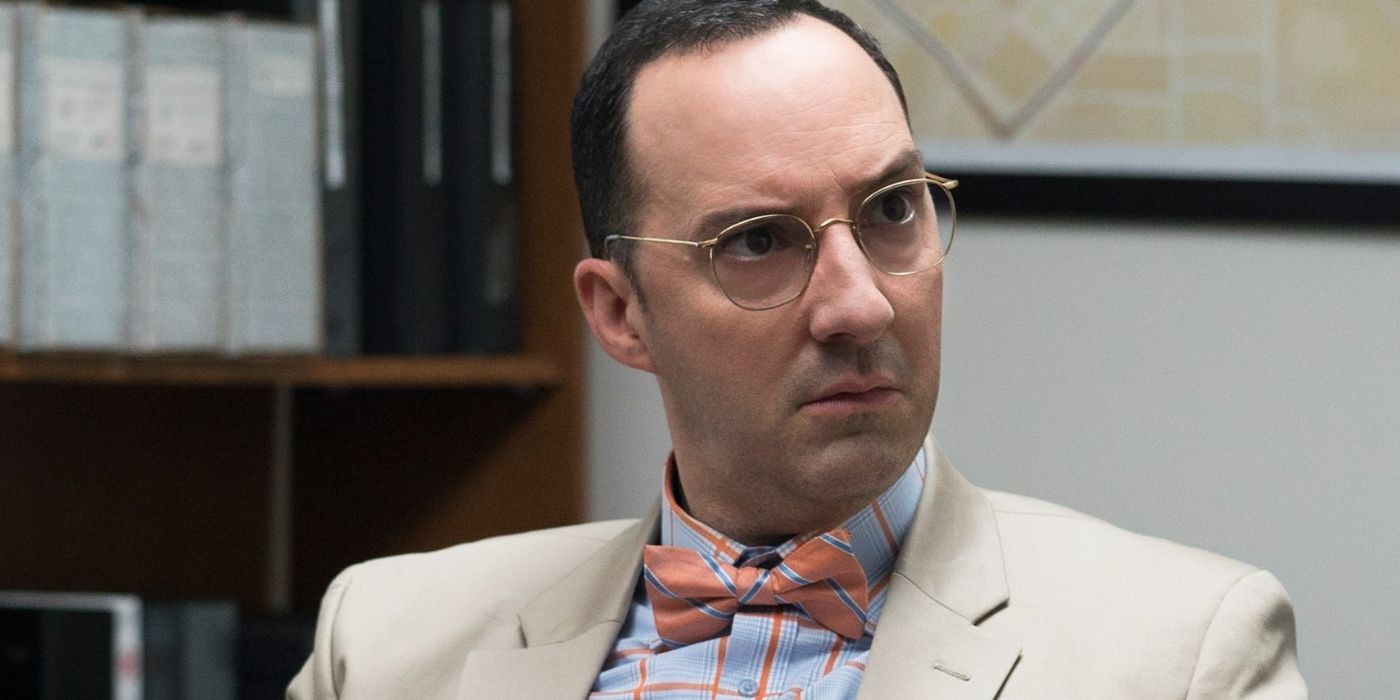

In the final episode of Arrested Development, Buster, who had long denied it, admitted in the closing moments that he was indeed responsible for killing Lucille Two (also known as Lucille Austero). However, despite Buster’s violent history within the Bluth family, his actions seemed so out of character that when he finally confessed to the murder, it left viewers perplexed. The show never fully clarified Buster’s motives for the crime nor provided an explanation on how he concealed Lucille Two’s body inside the wall.
It’s puzzling to me why the series Arrested Development went into detail about how Buster had killed his grandmother as a child and tried to hide it, even though he later murdered Lucille Austero (with some subtle hints), only to retract that claim in the end. In “Taste Makers,” Lucille Austero’s brother, Argyle, provided Gob with a body bag containing cement, implying it was Tony Wonder. However, this wasn’t accurate; it should have been Lucille Two (Lucille Austero’s other sister) who was in the body bag instead. Although this twist might have seemed logical when this storyline began, it certainly didn’t make sense by its conclusion.
3. Robin & Barney’s Divorce
How I Met Your Mother


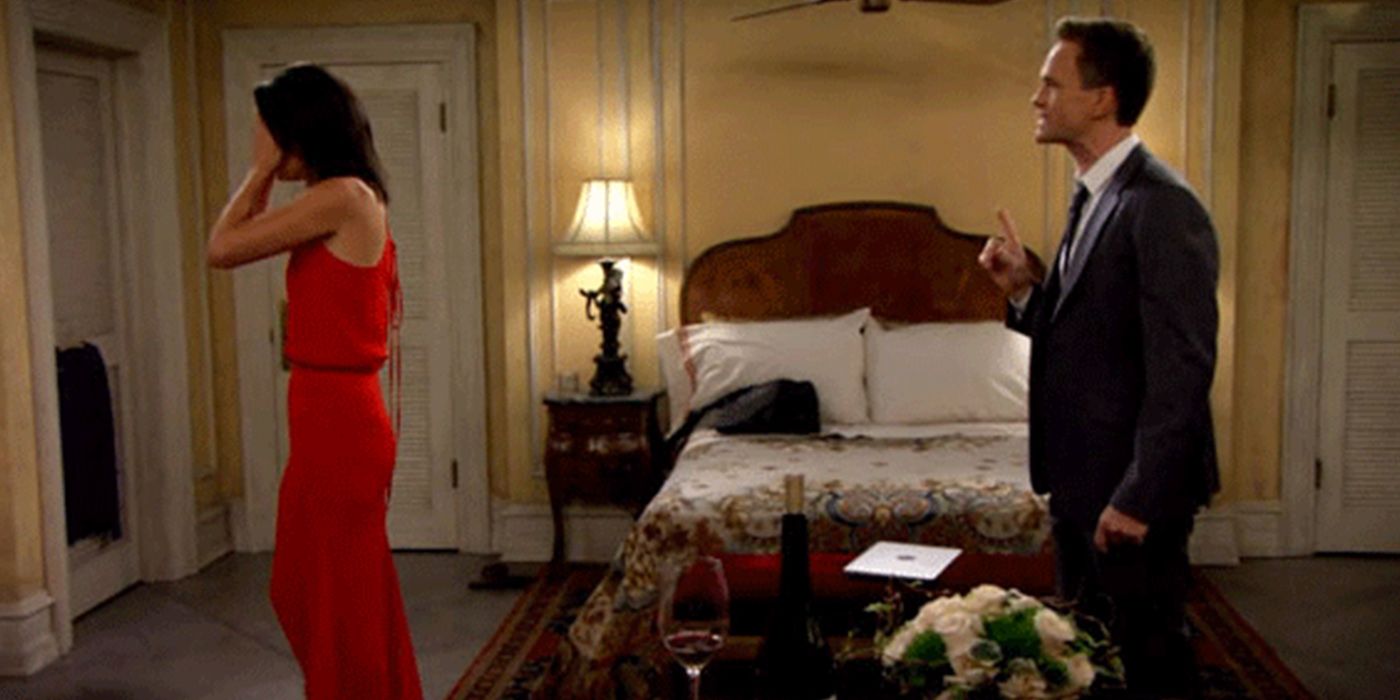
In the final episodes of “How I Met Your Mother,” there were several unexpected twists, and one of these surprises was the divorce between Robin and Barney. Despite the fact that neither character in the first season seemed likely to settle down, their personal growth throughout the series led them to become better individuals. However, even after all they had experienced together, the show’s creators decided that Robin and Barney’s happy ending wouldn’t endure for long.
In the TV series “How I Met Your Mother,” the relationship between Robin and Barney was intricate yet marked by mutual growth. Despite challenges in their final season, they demonstrated that they were more compatible as a couple than apart. They shared common life goals, but unfortunately, Robin’s demanding work obligations strained their marriage. Though I empathized with Barney’s difficulties, it seemed unusual for him to have such trouble keeping himself occupied or entertained while traveling with Robin. It was somewhat puzzling that, after just a few years together, they decided to part ways.
2. The Paternity Test
The Office

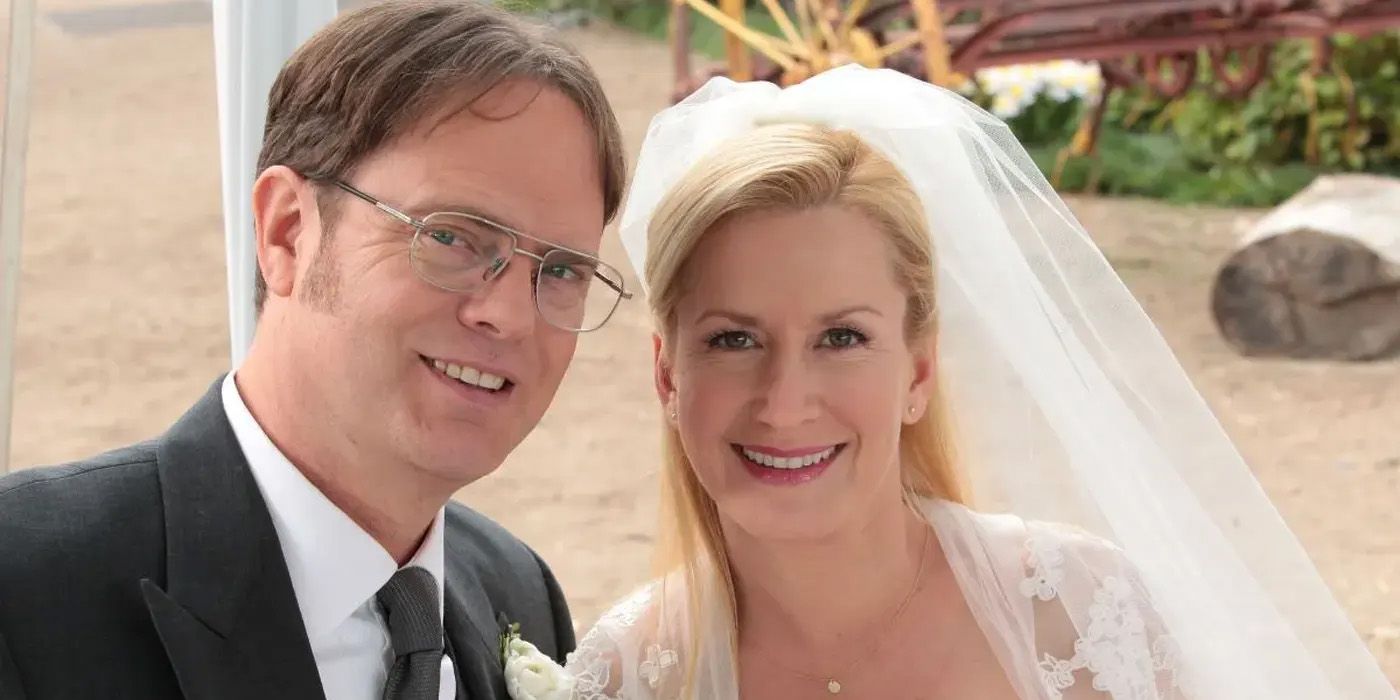
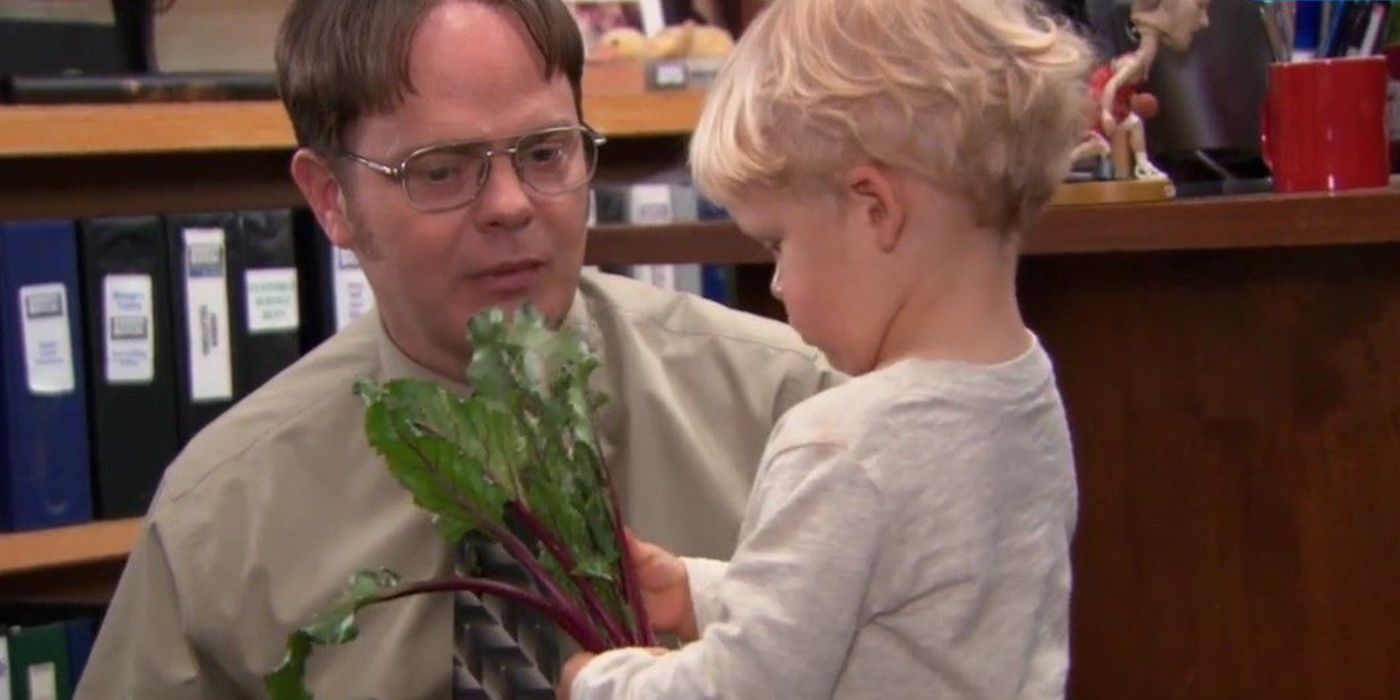
I’m really glad that “The Office” eventually revealed that Dwight was Philip’s father. It would have been unfair to Angela and Dwight’s relationship within the show if someone else turned out to be Philip’s dad. Although it was later clarified why the DNA test in “Free Family Portrait Studio” showed Dwight wasn’t the father, Angela’s response to this situation seemed inconsistent. Given that she knew Dwight was Phillip’s biological father, her lack of confusion when the doctor declared him not a Schrute was puzzling.
It doesn’t seem logical that she persistently pursues Dwight, yelling and hollering, if she didn’t want her ex to uncover the truth. Angela apparently wasn’t aware that Dwight had collected the diaper of baby Phillip, Jim and Pam’s child. Initially, it seems she might have believed her husband was Phillip’s father, but I can’t fathom why she would later doubt the DNA test results and presumably request a retest. This plot twist in The Office was one of my favorites, yet it left me with some questions about its logic.
1. Effy’s Therapist Killing Freddie
Skins
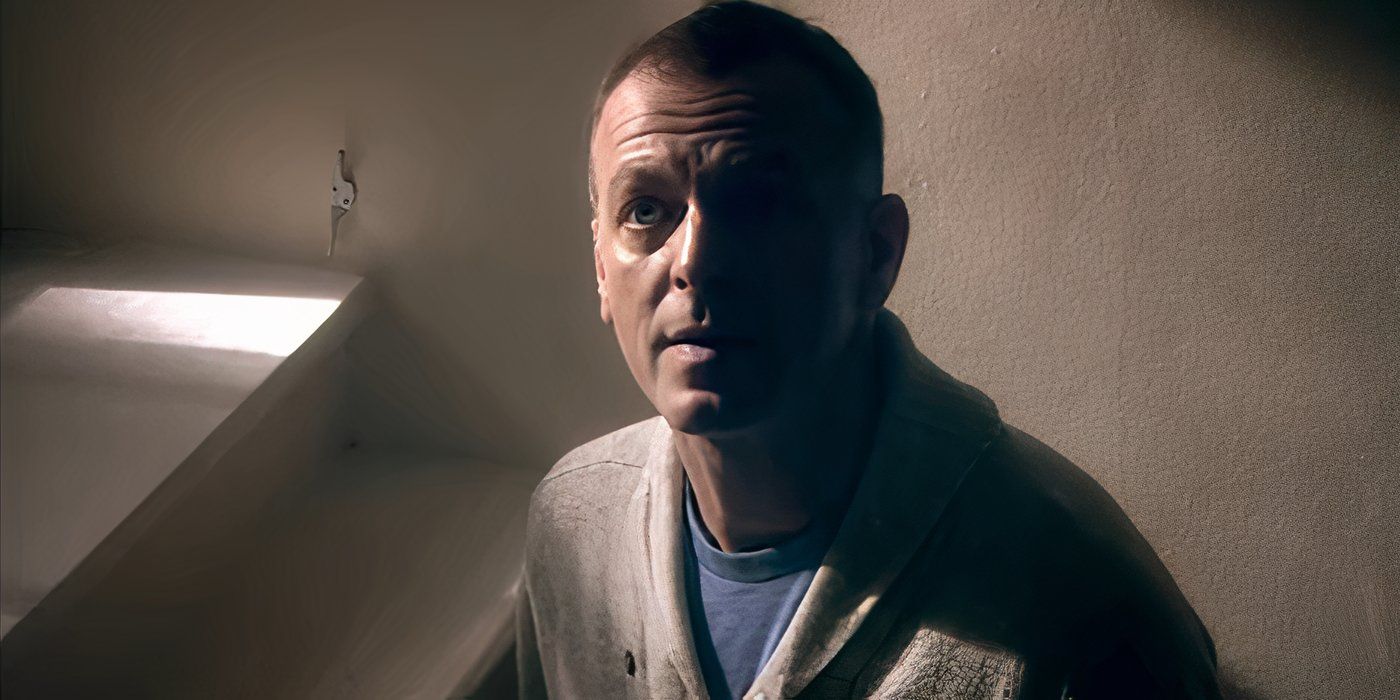


In the TV series Skins, there were numerous issues with Effy’s therapist, and the revelation that he was infatuated with his patient was a major plot twist, but it paled in comparison to what happened to Freddie afterwards. The problem with Freddie’s death serving as a plot twist was that the show failed to provide an explanation for why Dr. John Foster became so unhinged regarding Effy’s case.
It appeared that Foster’s obsession with Effy suddenly emerged without prior indication, which added an unexpected layer of jealously to his murder of Freddie. This plot twist took viewers by surprise and was unforeseen, however, a bit more background information would have made it even more impactful.
It wasn’t clear what drove Foster, and the audience struggled to grasp why he thought killing Effy’s boyfriend, Freddie, was a reasonable course of action. If Foster had been that unstable, we might have noticed his transformation into a villain sooner, but it seemed more likely that there was some other reason for his actions that wasn’t immediately apparent.
Read More
- Clash Royale Best Boss Bandit Champion decks
- Vampire’s Fall 2 redeem codes and how to use them (June 2025)
- World Eternal Online promo codes and how to use them (September 2025)
- Best Arena 9 Decks in Clast Royale
- How to find the Roaming Oak Tree in Heartopia
- Mobile Legends January 2026 Leaks: Upcoming new skins, heroes, events and more
- ATHENA: Blood Twins Hero Tier List
- Solo Leveling Season 3 release date and details: “It may continue or it may not. Personally, I really hope that it does.”
- How To Watch Tell Me Lies Season 3 Online And Stream The Hit Hulu Drama From Anywhere
- Sunday City: Life RolePlay redeem codes and how to use them (November 2025)
2025-04-29 18:20